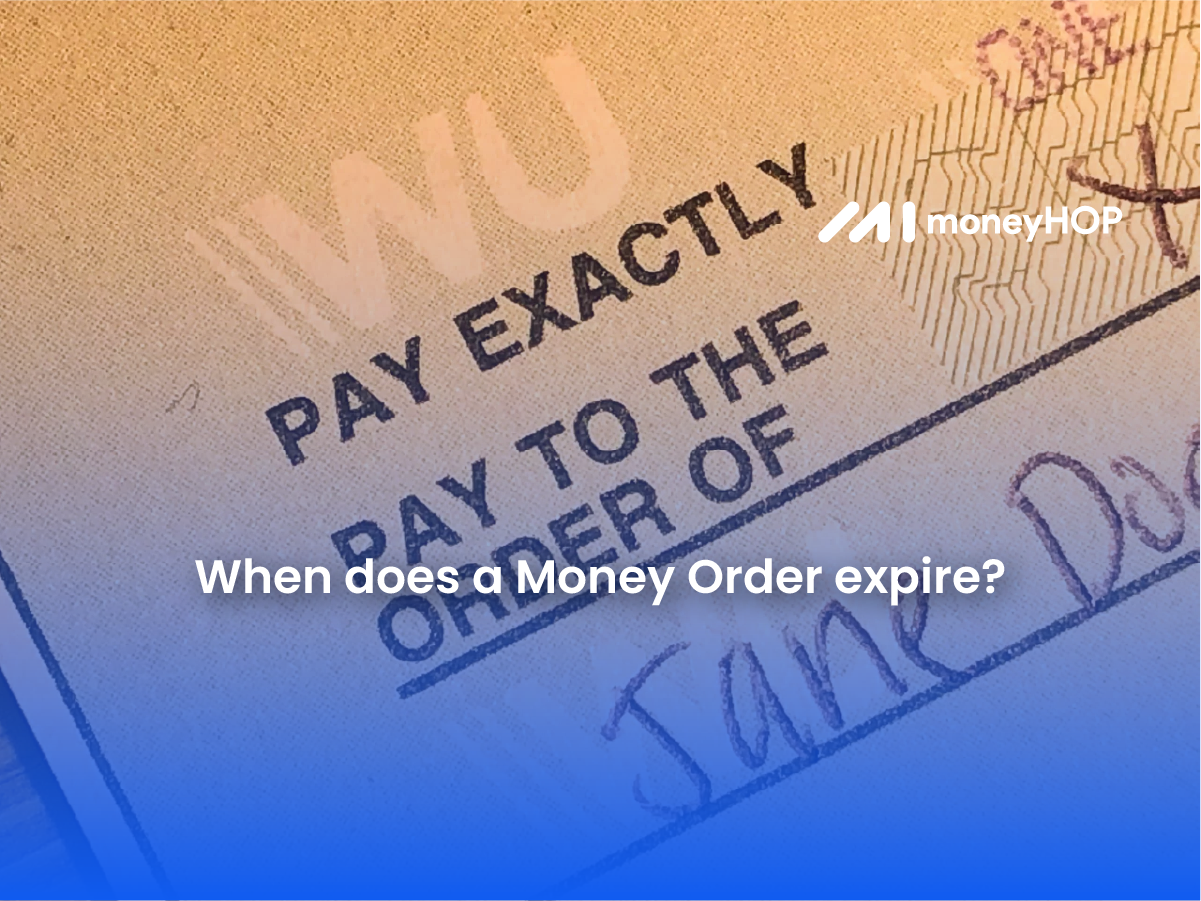Introduction
The money order came into existence in the later part of the 18th century in Britain by a private firm. Due to its hefty charges, the system was unsuccessful and was sold out to another private firm in the year 1836. This time the prices were lowered significantly, indirectly increasing the popularity of using money orders. By considering the success rate of money orders, the post office of Britain took over the system of money orders in the year 1838. Soon, the post office worked on the pricing part of it and made it reasonable and profitable too. Since then money order has started to eliminate mail robbery and showcased its ability to secure the payment method. This method has become a financial tool for various financial institutions and started to spread its wings across the globe. Let us dive into this blog to understand more about how it works and the uses of it.
What is a Money Order?
A money order acts as the safest alternative to a personal cheque. These are usually issued by a government or any financial institution. It functions as a prepaid instrument wherein it assures the recipient that the funds are available. This instrument is commonly used by those who do not have a bank account or who may wish to keep their personal cheque information private due to security reasons.
Also read: How To Choose The Right Financial Partner For Your Overseas Education
How do money orders work?
- Prepay the desired amount (up to $1,000) along with the upfront issuer’s fees.
- Fill in all the required recipient information in the form.
- The issuer secures the recipient’s funds.
- The recipient can encash it or deposit it in the bank account, unlike a cheque.
Where to purchase Money Orders?
The money orders can be purchased in various places, such as
- Post Office
- Retail Banks and financial institutions
- Credit Unions
- Retail or convenience stores
- Online service providers
Advantages of Money Orders:
- Security: Offers more security than a personal cheque as it is a prepaid instrument that guarantees funds.
- Accessibility: Can be accessed by those who lack in holding a bank account.
- Acceptance: Widely accepted across the globe by landlords, utility companies, and others.
- Anonymity: It withholds privacy as it does not disclose the bank information.
- Control: Helps individuals in managing their budget by avoiding the risk of overdraft fees.
Disadvantages of Money Orders:
- Inconvenience: This demands an individual to visit the physical location of the bank, post office or other financial institution to buy it.
- Cost: Purchase fees are levied on the individual for purchasing of money order. The fees may vary depending on the issuer and the amount. Additional fees are levied if it is encashed in other than the issuer’s location.
- Security: It is vulnerable to theft or loss if you lose it before encashing it. And are commonly targeted by scammers. It is recommended to verify the legitimacy of the unknown sender before encashing it.
Save big on your every international money transfer!
Send money at the lowest exchange rates & ZERO convenience fees with moneyHOP.
- Traceability: Money orders cannot be tracked easily when compared to digital payments. This may take several days to find out the lost or stolen money order.
- Purchasing limit: There is a limitation set for the purchasing of money orders. This method is not suitable for large transactions.
- Delay in cashing: Cashing a money order may not be swift, as it requires some days to process and depends on the location and issuer.
Do Money Orders come up with expiry?
The answer for the expiration of money orders varies on the issuer:
1. United States Postal Service (USPS) Money Orders:
The USPS money orders do not come with the expiry. Although, the non-refundable service charge is levied on the face value of the amount if the money order is not encashed within 1 – 3 years (depending on the state).
2. Bank and Financial Institution Money Orders:
The policy of expiry may vary depending on the entities. But a money order starts to lose its value or may incur fees if it is not encashed after a certain period.
3. Retail Money Orders:
These money orders typically do not come with expiry. However, non-refundable service charges are imposed on it, if it is not encashed within 1 to 3 years and also depends on the issuing state.
Comparing moneyHOP services with Money Order
moneyHOP stands out as a beacon in foreign remittances when compared to money orders. moneyHOP offers a 100% digital platform, fast transfers (12-24hrs), real-time tracking of transactions, and a contactless and paperless process. We provide the industry’s best exchange rates, competitive pricing, transparency in fee structure, and upfront customer support to enhance the customer experience. Our services are extended to 60+ countries. We furnish bank-level security to ensure the safety of funds, unlike money orders which are prone to theft or loss. When it comes to International money transfers, moneyHOP offers an optimal and superior solution compared to traditional methods like money orders.
Why pay more for international money transfers when moneyHOP is here?
- NO hidden fees
- ZERO convenience fees
- Real-time updates
- Lowest exchange rates
Way Forward
Technological advancements in foreign remittances are taking over conventional methods. Money orders were once the lifelines to many for remitting money domestically or internationally. But now the digital revolution has changed the landscape of remittances. Imagine remitting money from one country to another with competitive pricing, a contactless and paperless process, in a fast and secure way. Online remittance platforms such as moneyHOP empower individuals and businesses in foreign remittances by adding convenience, speed, security and better customer support. As the world awaits to experience the power of digital remittances, pioneers like moneyHOP play a crucial role.



Leave a Reply